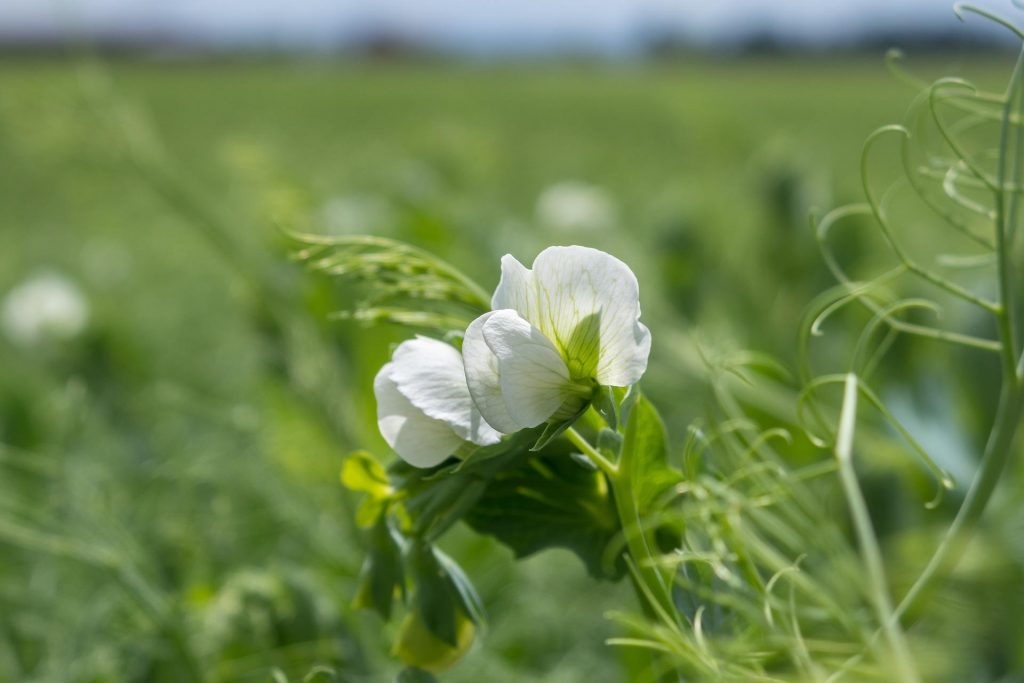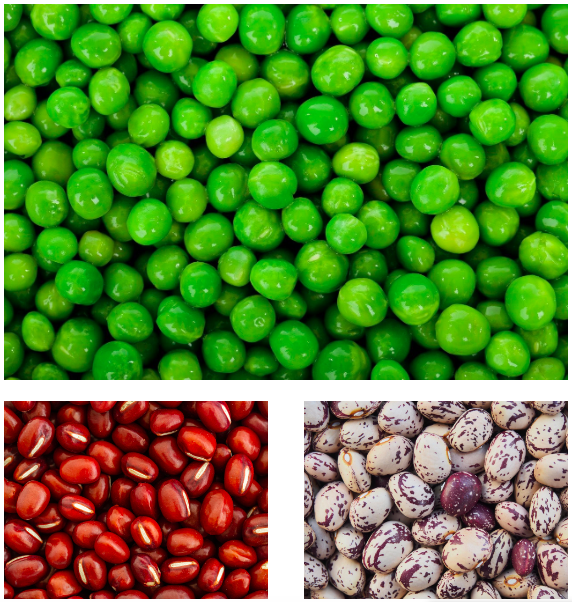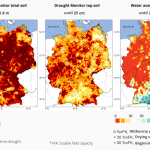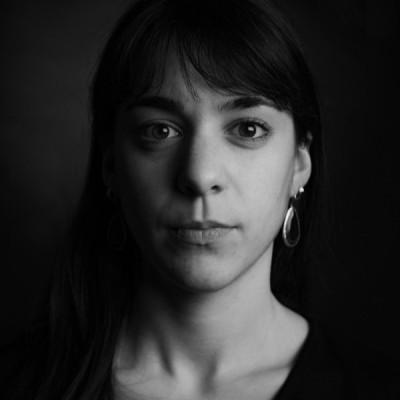Suddenly, everyone is interested in the crops we grow and import in Europe. The war in Ukraine has really focused our minds on feeding people – or is that feeding animals?

Legumes & protein crops production in the EU
Agriculture in Europe is highly dependent on animal feed inputs – and now, the huge risks and wrongs of this have been exposed.
In particular, Europe lacks independence in protein crop and legume production, and this comes with a raft of environmental and food security problems. Now is the time when we must readdress the core questions of who eats what, what is the place of plants in European agriculture, and how do we amplify their diversity and availability for people – here in Europe and beyond.
In the recent context of the drop in animal feed imports due to the war in Ukraine, the Austrian delegation supported by some twenty Member States, has presented a proposal to the EU Commission, defending the implementation of a European plan to increase the production of legumes and protein crops within the EU.
Austrian Agriculture Minister Elisabeth Köstinger pointed out that “there is no area of agriculture where we are so obviously dependent on imports”. And indeed, the EU currently imports around 90% of its plant protein needs.
However, leguminous production in the EU has increased by 70% over the last 5 years. And in a recent publication analysing 19 Member States’ draft strategic plans, roadmaps for the implementation of their national agricultural policies, the European Commission has highlighted the fact that coupled support for protein crops and legumes could be increased by 35% compared to the previous programming period.
There is an awareness on the ground regarding the need to promote legume cultivation then, most certainly correlated with an increase in demand and supported by a political will.
But one problem remains: the increase in European protein crops and leguminous production would be primarily intended to make the livestock sector less dependent on imports.
So, what we have is crop production for animal feed, not for human food. We are now seeing emergency bailouts and monies being made available for growing animal feeds all over Europe, to the detriment of crucial ecological commitments – and while global food security is more at threat than at any time in recent years.
Seeding leguminous in our food system
Then what to do? Well, first, let’s call out this unacceptable situation and get more beany!
We know there is a need to transition diets, especially in our resource-heavy European ways. Although legumes – chickpeas, soyabeans, broad beans, lentils, favabeans, kidney beans and so many more – are still little known to many, they are well worth appreciating.
For their nutritional properties and ecological benefits are quite remarkable.

Protein powerhouses, they are also rich in iron, magnesium, calcium, and fibre. They contain much less fat and cholesterol. And compared to animal proteins, they are also much cheaper.
On the ecological level, pulses and protein crops require much less water to thrive than many other crops. Attracting bees at times when few other crops are in flower, they are good for biodiversity. Thanks to a particular bacterium found in their roots, they have the great property of fixing nitrogen in the soil and thus require less fertiliser, major source of GHGs, to be grown. Finally, the nutrients they produce as they grow benefit the micro-organisms present in the soil, contributing to its good health.
All this information and more was presented at the first public information session of the Global Beans Project, a network which was born from the desire to give pulses and protein crops a prominent place in our diet. The aim is ambitious: in the European Union, a person consumes an average of 7kg of legumes per year, compared to 70kg of meat.
Initiated by the Foundation on Future Farming (FFF; DE) this network is bringing together international organisations to exchange knowledge, share research, collaborate, and build awareness on the joy and importance of growing and eating plant proteins.
Let’s talk Global Bean!
Article from the SEEDS4ALL NEWSLETTER #15 – “More food, less feed”, by ARC2020




